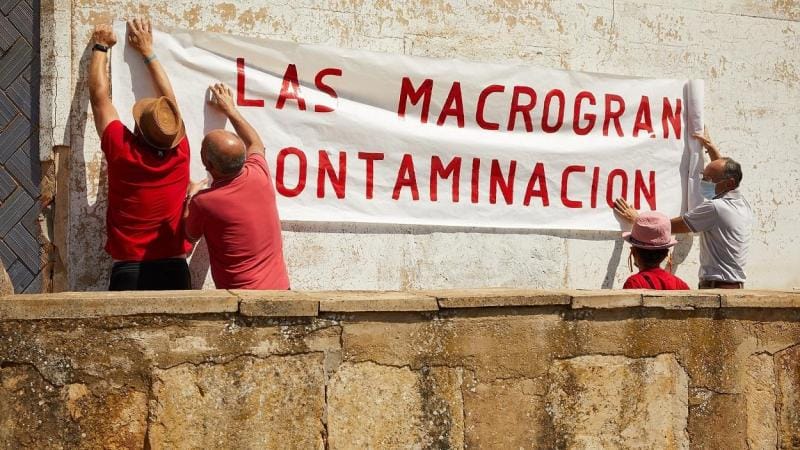Blog
Extensive livestock farming, a more environmentally friendly and healthier option

Originally from the Pyrenees, we opened our doors 6 years ago as a space dedicated to small producers of its valleys and mountains who are dedicated to extensive livestock and pasture. But what does it mean?
First of all, let’s look at an official definition:
Extensive livestock farming is the set of livestock production systems that make efficient use of the territory’s resources with the appropriate species and breeds, making production compatible with sustainability and generating environmental and social services. It includes key aspects such as the use of native breeds, livestock mobility, animal welfare and management adjusted to the spatial and temporal availability of the resources available in each area.


It is said that this is sustainable livestock farming because it not only generates products with more flavor and a healthier ratio of saturated/unsaturated fats, but also helps control forest fires, regulates water cycles and soil quality, and maintains the biodiversity, both biological and cultural, of the territory. In addition, it reduces the consumption of energy, water, and greenhouse gas production derived, among others, from the production of feed used in intensive livestock farming.



